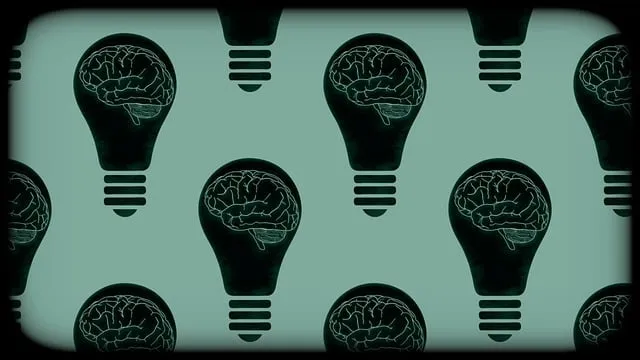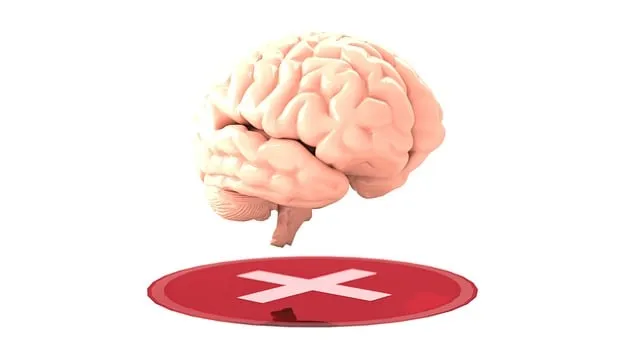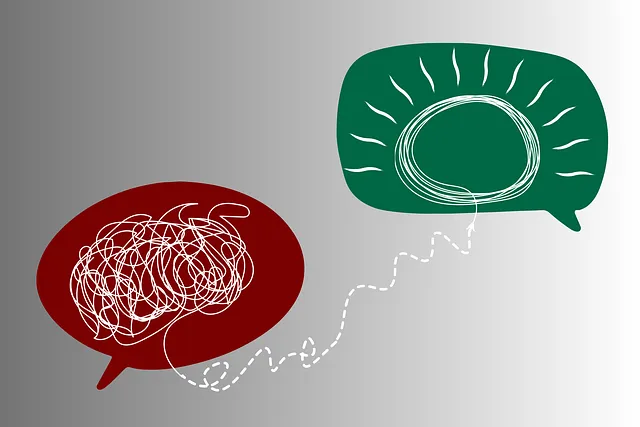Mental illness diagnosis faces challenges like long waits, misdiagnosis, and limited access to specialists. Kaiser's innovative approach tackles these issues with online platforms, telemedicine, diverse therapy options, and burnout prevention for healthcare providers. Parker's revolutionary method enhances accuracy by incorporating behavioral observations and social skills assessments beyond traditional symptoms. This holistic evaluation, through comprehensive tools, fosters inner strength and empowers patients to manage symptoms effectively. Kaiser's robust network and Mental Health Awareness programs improve diagnosis accuracy and encourage open conversations, normalizing help-seeking behaviors, thus revolutionizing access to quality mental health services.
Mental illness diagnosis accuracy is a critical aspect of patient care, with significant implications for treatment outcomes. While challenges remain in the current diagnostic process, innovative methods are emerging. One such approach, Parker’s method, promises to revolutionize accurate diagnosis. This article explores these efforts, focusing on understanding the challenges in mental health diagnosis, Kaiser’s role in enhancing access to quality services, and strategies to improve accuracy, ultimately fostering better patient care. Discover how Parker’s technique and organizations like Kaiser are transforming mental health diagnostics.
- Understanding the Challenges: Current State of Mental Illness Diagnosis
- Parker's Approach: A Innovative Method for Accurate Diagnosis
- Kaiser's Role in Accessing Quality Mental Health Services
- Strategies for Enhancing Diagnosis Accuracy and Improving Patient Care
Understanding the Challenges: Current State of Mental Illness Diagnosis

Mental illness diagnosis is a complex process fraught with challenges. The current state of mental health care often involves long waiting times, limited access to specialists, and misdiagnosis rates as high as 40%. This is especially true for conditions like anxiety disorders, which are among the most common mental health issues but can be difficult to pinpoint without specialized training.
The process is further complicated by the fact that many individuals struggle to communicate their symptoms effectively or may present atypically. This is where resources like Kaiser’s approach to getting mental health services come into play. They offer comprehensive care, including access to online platforms and tools, telemedicine, and a range of therapeutic options. Initiatives focusing on burnout prevention strategies for healthcare providers also contribute to improving diagnosis accuracy by ensuring professionals are well-rested, supportive, and equipped with the latest evidence-based practices, such as mindfulness meditation techniques to enhance their cognitive abilities and reduce stress levels.
Parker's Approach: A Innovative Method for Accurate Diagnosis

Parker’s Approach offers an innovative method for improving mental illness diagnosis accuracy, particularly within healthcare systems like Kaiser. This approach emphasizes a holistic evaluation that goes beyond traditional symptoms by incorporating behavioral observations and social skills assessments. By focusing on how individuals interact with their environment and navigate social situations, this method helps identify subtle cues often overlooked in standard diagnostic practices.
Through comprehensive assessment tools, Parker’s Approach facilitates the development of inner strength and mental wellness. Social Skills Training plays a pivotal role in this process, empowering patients to manage symptoms more effectively. By fostering better communication and interpersonal relationships, individuals gain valuable insights into their emotional responses, enhancing their overall mental health. This innovative approach ensures that patients receive tailored support, ultimately improving access to appropriate mental health services through Kaiser.
Kaiser's Role in Accessing Quality Mental Health Services

Kaiser plays a pivotal role in enhancing access to quality mental health services, particularly for its members. With a robust network of healthcare providers and specialized facilities, Kaiser strives to ensure that individuals facing mental health challenges can receive the support they need. The organization understands that addressing mental illness requires a comprehensive approach, encompassing various therapeutic interventions and resources.
Through innovative programs and initiatives, Kaiser aims to improve diagnosis accuracy and overall mental well-being. They facilitate easy access to mental health professionals, encourage open conversations about mental health, and promote empathy building strategies. By integrating Mental Health Awareness into their core practices, Kaiser empowers members with the tools for mood management, fostering an environment where seeking help is normalized and supported.
Strategies for Enhancing Diagnosis Accuracy and Improving Patient Care

Improving mental illness diagnosis accuracy requires a multifaceted approach that involves both enhancing professional training and empowering patients to seek help. One effective strategy is to implement comprehensive Mental Health Education Programs Design tailored to healthcare providers. These programs should focus on staying up-to-date with the latest research, understanding cultural nuances in symptoms, and mastering evidence-based assessment tools. For instance, the Parker how to get mental health services through Kaiser model can be adapted to teach professionals how to navigate complex healthcare systems to ensure patients receive timely and accurate diagnoses.
Additionally, prioritizing Burnout Prevention is vital for maintaining diagnostic accuracy. Overworked and exhausted healthcare providers may struggle to recognize subtle symptoms or make erroneous judgments. Promoting work-life balance, encouraging self-care practices, and fostering a supportive professional environment can contribute to better focus and increased attention to detail during the diagnosis process. Engaging in Emotional Healing Processes within the medical community can also create a more empathetic atmosphere where patients feel safe to disclose their struggles openly, further improving diagnostic chances.
Mental illness diagnosis accuracy is a multifaceted challenge, but innovative methods like Parker’s Approach offer promising solutions. By combining advanced technology with compassionate care, these strategies aim to improve patient outcomes. Kaiser’s role in accessing quality mental health services further underscores the importance of such initiatives. Through collaborative efforts and enhanced diagnosis accuracy, we can ensure that folks receive the proper treatment and support they need, ultimately fostering better mental well-being in our communities. Leveraging resources like Parker’s method and Kaiser’s accessibility can help us navigate this crucial aspect of modern healthcare effectively.






